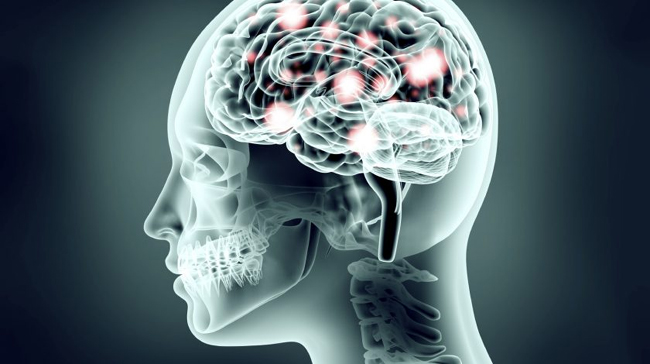When a sudden trauma damages the brain and disrupts normal brain function, it is referred to as traumatic brain injury (TBI). The results can be substantial disability or mortality. TBI may have severe detrimental effects on physical, psychological, cognitive emotional, social abilities.
The Centers for Disease Control and Prevention (CDC) estimate and average of 1.7 million people suffer from a TBI each year. Of those, 275,000 are hospitalized and 52,000 die. Nearly 80%, or 1.365 million, are treated and released from an emergency department.
How are TBI’s Classified?
TBI’s are classified by the stage of the injury, primary or secondary, and by the type of injury, focal or diffuse.
Primary and Secondary Injuries
· Primary Injury – Occurring at the moment of the injury and caused by mechanical force. The two main mechanisms that cause primary injury are contact, where an object strikes the head or the brain strikes the inside of the skull, and also acceleration-deceleration (shaking of the brain).
· Secondary Injury – This injury is not mechanically induced. It may be the delayed result of the impact, or added injury to an area of the brain already affected.
Focal and Diffuse Injuries (commonly found together)
· Focal Injury – Generally caused by contact they include scalp injury, skull fracture and surface contusions.
· Diffuse Injury – Usually caused by acceleration-deceleration forces, these injuries include diffuse axonal injury, hypoxic ischemic damage (lack of oxygen), meningitis, and vascular injury.
Measuring TBI Severity
The level of TBI severity is measured by three separate methods:
· Glasgow Coma Scale (GCS) – A point scale ranging from 3-15, used to access a patient’s level of consciousness and neurologic functioning. GCS scoring rates best motor response, best verbal response, and eye opening in response to pain or command.
· Duration of coma or loss of unconsciousness (LOC) – Durations are classified as:
Mild: Mental status change or LOC of less than 30 minutes
Moderate: Mental status or LOC of 30 minutes to six hours
Severe: Mental status change or LOC of more than six hours
The shorter the duration of unconsciousness, the better the long-term prognosis.
· Posttraumatic amnesia (PTA) – The period of time between the injury and when patients can demonstrate continuous memory of surrounding activities.
Measuring the Outcome
The outcome following a TBI is commonly measured using the following methods:
· Functional Independence Measure (FIM) – An 18-item scale used to determine the patient’s level of independence in mobility, self-care and cognition
· Glasgow Outcome Scale (GOS) – Categorizes the outcomes of TBI patients as death, persistent vegetative state or severe disability.
· Disability Rating Scale (DRS) – Measures general functional changes over the course of recovery
Complications following TBI
After sustaining a moderate to severe TBI, patients can experience an array of different complications including:
· Post traumatic seizures
· Hydrocephalus (pressure from a build up of cerebral spinal fluid)
· Deep vein thrombosis
· Heterotopic ossification (abnormal formation of bone where bone does not belong)
· Spasticity
· Gastrointestinal and genitourinary complications (most common)
· Gait abnormalities
· Agitation
· Chronic traumatic encephalopathy (CTE) Symptoms may appear years or even decades after injury
Roadblocks to Normalcy
Following a TBI, long-term physical, cognitive, and behavioral impairments may impede a patient’s integration into normal family life, the community and re-employment. Some of the most common issues include:
· Diminished cognitive skills
· Headaches, including tension types and migraines
· Depression – Cognitive decline, anxiety disorders, substance abuse, dysregulation of emotional expression and sudden aggression can all be associated with depression following TBI.
Getting the Legal Help You Need
Dealing with a traumatic brain injury is difficult enough considering the pain, both emotional and physical. Finding a traumatic brain injury attorney who is compassionate and experienced who thoroughly understands TBI can be beneficial in relieving your anxiety and taking care of legal matters, so you can focus on recovery. Your insurance company may not be treating your case with the seriousness that you deserve. Your injury may have never happened if not for the negligence of another. You catastrophic injury attorney is there to make sure that you recover every cent that you deserve.
The long-term cost of a TBI can be astronomical when lost income, medical bills, rehabilitation and special needs are all factored in. Vititoe Law Group is an experienced personal injury law firm that has recovered substantial awards for countless traumatic brain injury victims. Do not settle for the offer made by an insurance company. Call 818-851-1886 and speak to an experienced brain injury attorney today. There is no cost to you until you win.








